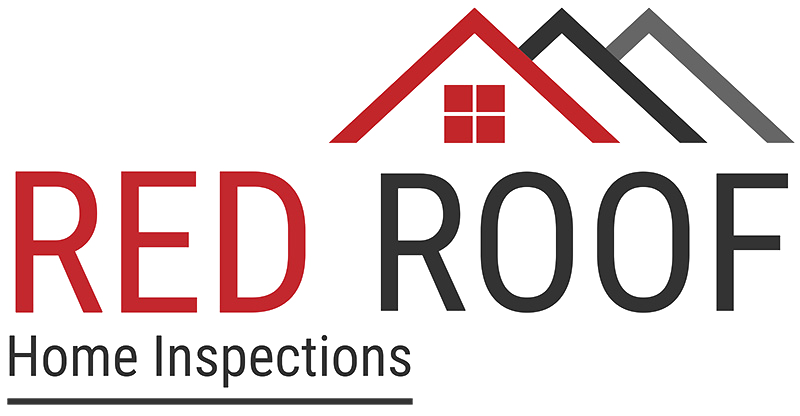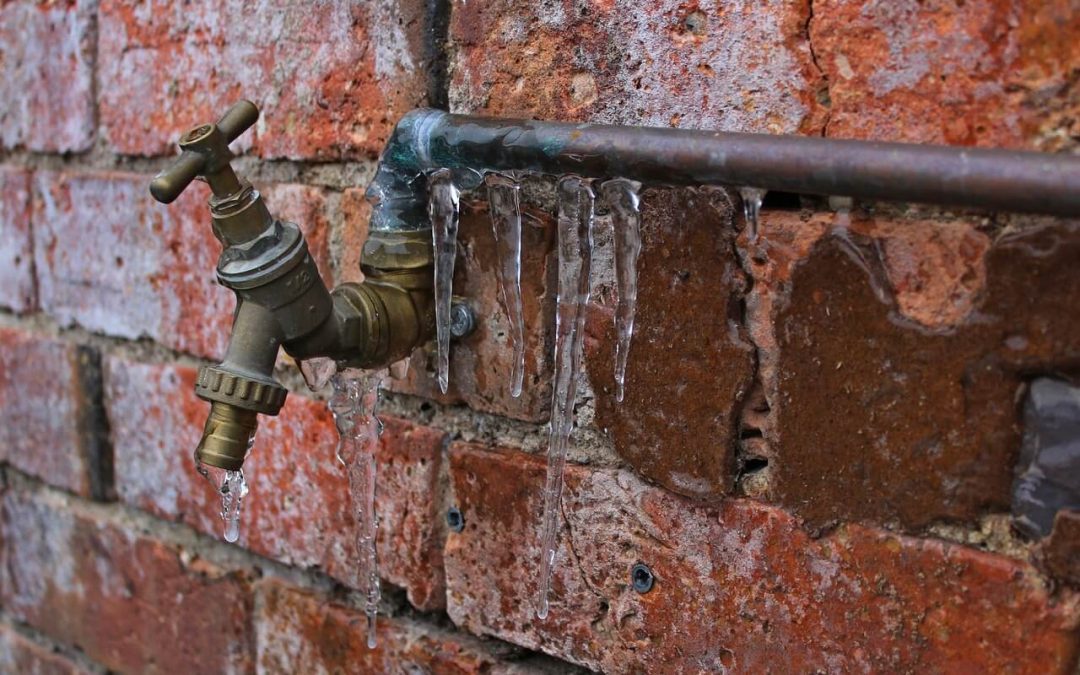The coldest months of the year are just around the corner, and homeowners focus on keeping their living spaces warm and comfortable. While you might have your furnace and insulation in check, preparing your plumbing for the winter season is just as important. Cold weather can wreak havoc on your pipes, leading to expensive repairs. Here are a few practical tips to protect your plumbing in winter.
Winter Plumbing Maintenance to Protect Your Pipes
Insulate Exposed Pipes
Before winter arrives, insulate exposed pipes in your home. Water lines near the exterior waters of your home are particularly vulnerable to freezing, which can lead to cracks and leaks. Insulation materials, including foam pipe sleeves and heat tape, are readily available at your local hardware store. Apply these products to your pipes, paying extra attention to areas like the attic, basement, and crawl spaces. By insulating the water lines, you help protect them against freezing temperatures.
Drain and Disconnect Outdoor Hoses
Don’t leave garden hoses connected during winter. Water inside the hoses can freeze and damage the hose, the connected spigot, and the pipes. To prevent this, disconnect all outdoor hoses and drain them completely. Shut off the outdoor water supply and allow water remaining in the lines to drain. This step can save you from costly repairs and ensure your outdoor plumbing remains in good condition for the next season.
Maintain a Consistent Indoor Temperature
While you may want to lower your thermostat to save on energy costs, it’s important to maintain a consistent indoor temperature, especially during frigid winter nights. Warm living spaces help prevent your pipes from freezing. Set your thermostat to a reasonable temperature and avoid drastic fluctuations. If you’re away for an extended period, don’t turn off the heat completely – instead, lower it slightly to keep your home and plumbing safe from the cold.
Let Faucets Drip
When the temperature drops significantly, let your faucets drip slightly. Allowing a small, continuous flow of water through the pipes helps to prevent freezing. You don’t need to turn the faucet all the way on; a slow drip is enough to keep the water moving. Don’t overlook taps on exterior walls, as they are more susceptible to cold temperatures.
Seal Leaks and Cracks
Small leaks and cracks in your home’s structure allow cold air to seep in and affect your plumbing. Inspect the home for gaps and cracks, especially in areas where pipes run, such as near windows, doors, or vents. Use caulk or foam insulation to seal these openings and keep the cold air out.
Service the Water Heater
Your water heater uses more energy during the winter to provide hot water for showers, dishes, and laundry. Have your water heater serviced before the season sets in. A professional will ensure it’s running efficiently and make any necessary repairs. This step saves you money on energy bills and extends the life of your water heater.
Know How to Shut Off Your Water
Knowing how to shut off your water is essential in the unfortunate event of a burst pipe or a major leak. Familiarize yourself with your main water shut-off valve’s location and ensure it’s in good working condition. Should an emergency arise, turn off the water promptly to minimize damage to your home and plumbing.
Preparing your plumbing for winter is a smart way to safeguard your home from cold-weather-related issues. These practical tips ensure your plumbing system will be reliable, even in freezing temperatures. Winterize your plumbing in the fall, and you’ll thank yourself later when the weather gets cold.
Red Roof Home Inspections provides inspections to customers in the Triad area of North Carolina and Central Virginia. Contact us to request our services.

